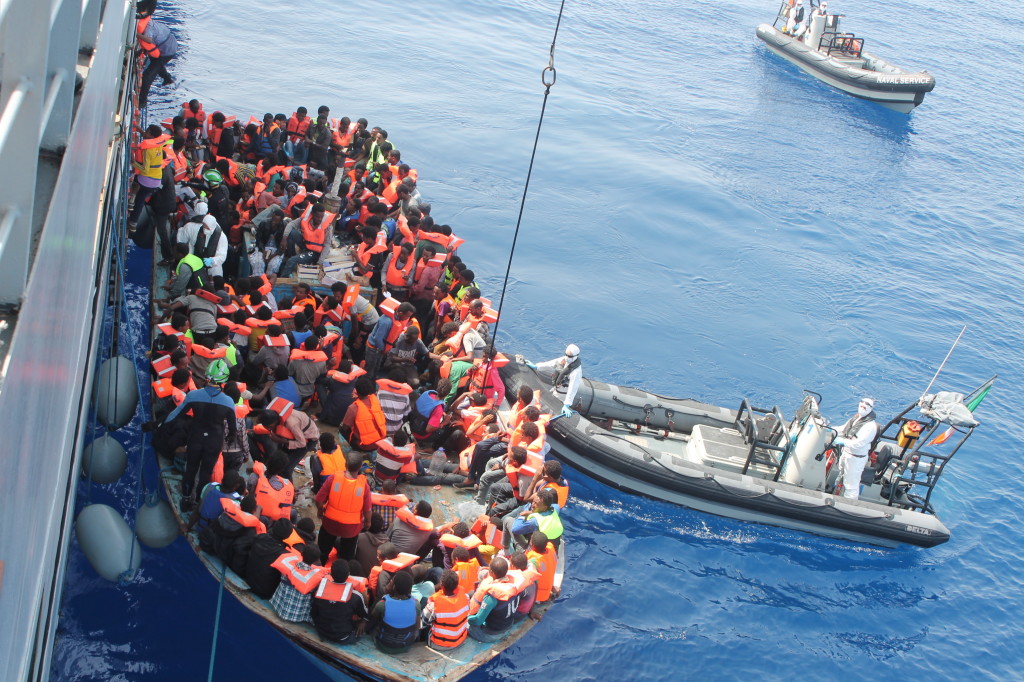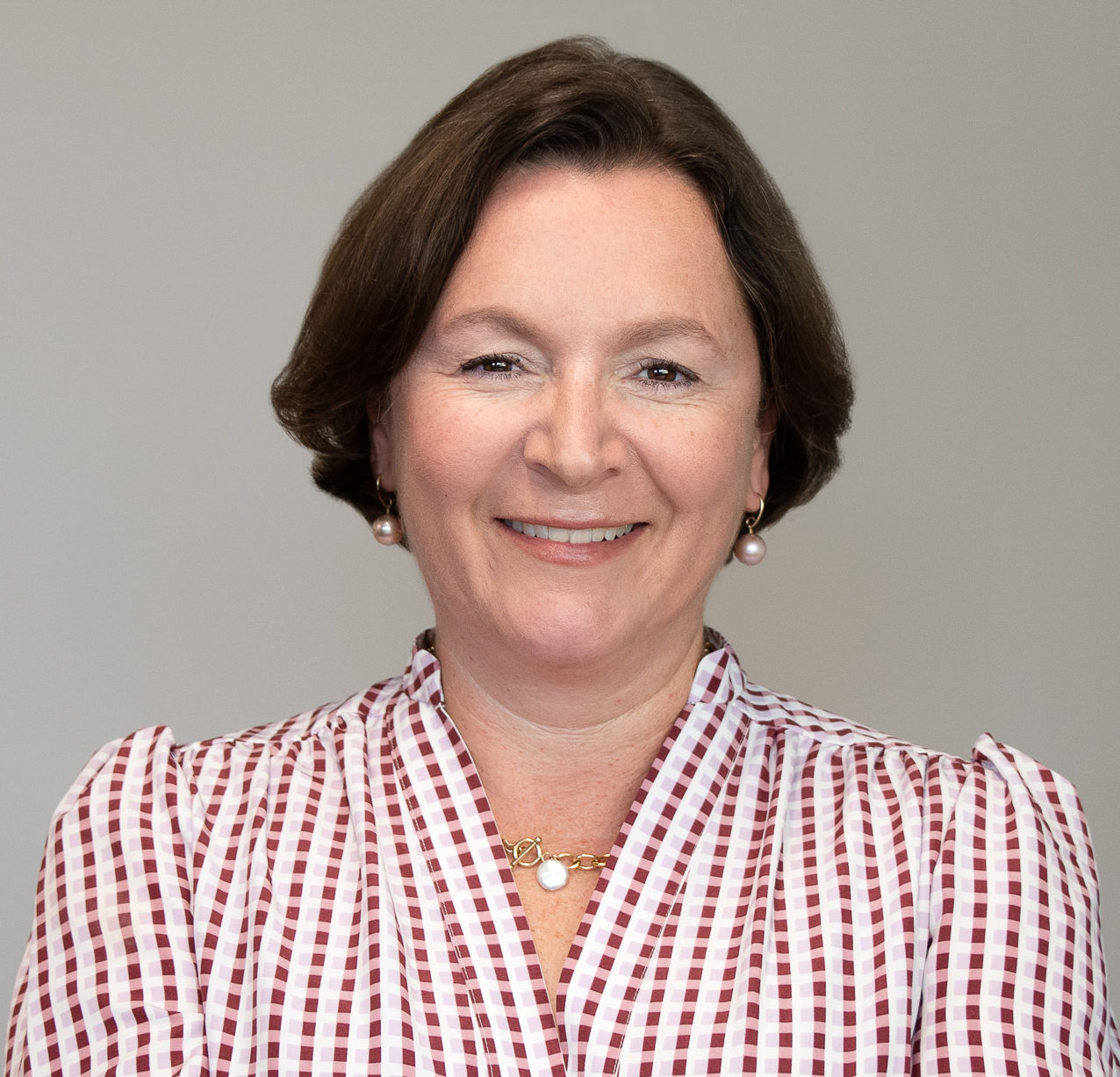Funders Key to Refugee Summit Outcomes
President Obama is hosting the Leaders’ Summit on the Global Refugee Crisis tomorrow, Tuesday, September 20. Three global commitments drive the agenda: increase funding to humanitarian appeals and international organizations, admit more refugees through resettlement or other legal pathways, and increase refugees’ self-reliance and inclusion through opportunities for education and legal work. One courageous action […]

President Obama is hosting the Leaders’ Summit on the Global Refugee Crisis tomorrow, Tuesday, September 20. Three global commitments drive the agenda:
- increase funding to humanitarian appeals and international organizations,
- admit more refugees through resettlement or other legal pathways, and
- increase refugees’ self-reliance and inclusion through opportunities for education and legal work.
One courageous action that has come in advance of the Leaders’ Summit is an announcement from InterAction pledging $1.2 Billion in private resources to refugee and humanitarian assistance. InterAction, the preeminent alliance of international nongovernment organizations has brought together 31 of its members to collectively invest in the global refugee crisis over the next three years. Donations from individuals, foundations, and corporations will be used by NGOs participating in the InterAction pledge to provide medical assistance, food and nutrition security, shelter, education, and other essential services to refugees and displaced populations across the globe.
How private funders can address refugee crisis
We are wildly in favor of the three commitments outlined above. And, we are ecstatic about InterAction’s efforts to bridge civil society actors with the funding community for the betterment of displaced populations globally. However, neither the commitments nor the pledge will come together without the active participation of the philanthropic sector. That means, in very literal terms, that the Summit’s dreams and InterAction’s leadership will not come to fruition without the time, talent, and financial resources that come from the private funder community.
The Center for Disaster Philanthropy offers the following grounded wisdom for private funders:
- Support long-term recovery versus quick fixes – Funders should think long-term about issues such as education, jobs, life skills, sustainable energy sources, and most of all restoring hope and dignity to refugees.
- Provide flexible funding – Funders must vet the potential grantee organizations and their programs thoroughly, but then trust those organizations and their leadership to do their jobs.
- Develop innovative partnerships – Strategic collaborations often lead to innovative solutions!
- Strengthen assistance to refugees within the United States – Donors can play an important role in helping refugees integrate into local communities.
- Help refugees achieve self-sufficiency – Funders can help refugees achieve self-sufficiency by providing jobs, training, and mentoring programs.
The CDP team will be watching the proceedings, commitments, and outcomes from this Tuesday’s Summit and are hopeful that the blending of political will, increased financial resources, and urgent demands will lead to much-needed action.
